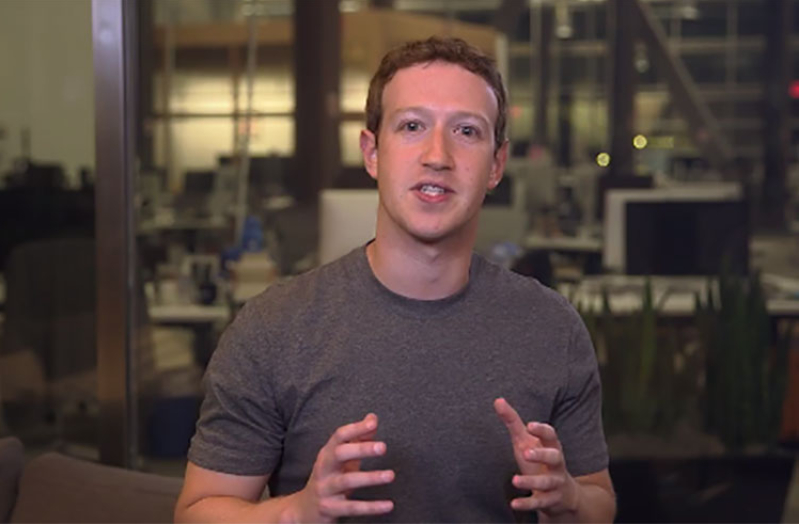
Facebook founder and CEO Mark Zuckerberg faced harsh criticism for his views on the concept of net neutrality. Now he's made a few changes to a website that brings Internet services to the developing world.
Zuckerberg announced changes to the website Internet.org on Monday. In his Facebook post, he wanted to enable "anyone to build basic Internet services to help connect the world" and clarified his stance on net neutrality.
"Giving people these free services is the right thing to do," Zuckerberg wrote. "I support net neutrality because, at its core, it's about preventing discrimination. Net neutrality means we can use the services we want, and innovators can build the services we need."
Zuckerberg added that this decision would help prevent "discrimination" and "give people even greater choice of services."
"More than 4 billion people don't have access to the internet and the opportunities it brings," Zuckerberg wrote. "If we connect them, we'll lift hundreds of millions of people out of poverty."
The Facebook CEO argued that his company would help "bring everyone online in a way that respects an inclusive net neutrality." He noted in the video that there was a historic opportunity to connect communities like never before, especially those who lack the financial means to go online.
"History tells us that helping people is always a better path than shutting them out," Zuckerberg said. "We have a historic opportunity ahead of us, to improve the lives of billions of people. Let's take that opportunity. Let's connect them."
Chris Daniels, Facebook's VP for Internet.org, talked with Shivam Vij of Scroll.in about the changes.
"This is an important step we are taking, opening up Internet.org," Daniels said. "This does two things. One, it invites developers to join, which we heard they want to. Two, it gives consumers more choice, which we heard they want as well."
According to Vij, Zuckerberg faced criticism surrounding the lack of transparency and inclusiveness on Internet.org; people in India can access that site through Reliance Communications on Android phones. Daniels elaborated on three principles that would allow developers to join the platform.
"It should encourage people to explore the broader internet," Daniels said about the first principle. "You may have links to other sites from your site, so the people are encouraged to explore beyond the basic services. Second is that you must develop a simpler version of your service to be a free basic service."
He then focused on the second principle, efficiency.
"This model has to work for the operators and for the business model," Daniels said. "We need things that are data efficient on the network. Services like video or high-resolution photos aren't going to be a god fit in a free, basic service."
Daniels added that the third principle focused on technical guidelines.
"These are technical requirements in order to zero-rate the traffic," Daniels said. "These include guidelines such as https protocol can't be included, neither can javascript."
In the video included with his Facebook post, Zuckerberg asked those on both sides of the net neutrality debate on what kind of community the Internet should be. He argued that this action would give a platform to the voiceless.
"As we're having this debate, remember the people this affects most: the 4 billion unconnected have no voice on the internet," Zuckerberg said in the video. "They can't argue their side in the comments below or sign a petition for what they believe, so we decide our character and how we look out for them."







